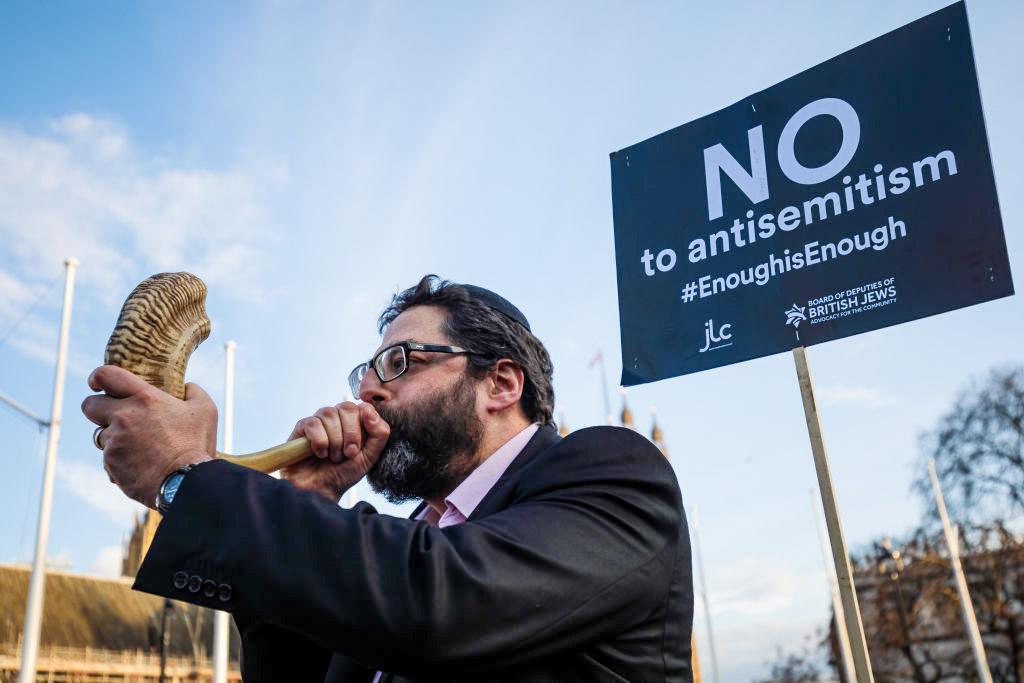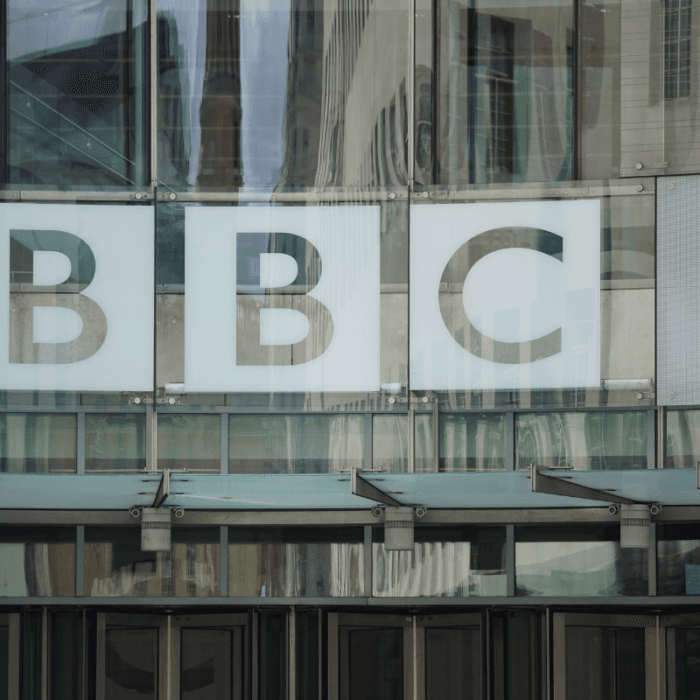A record high number of anti-Semitic incidents took place in the first half of this year, with the majority being motivated by the Israel–Hamas conflict, a charity has found.
Of the incidents, the vast majority (1,618) recorded were of abusive behaviour. The next most frequent incidents were threats (142), assault (121), and damage and desecration (83).
More than half (1,037) of the incidents happened in Greater London, followed by Greater Manchester (268), and West Yorkshire (115), according to the charity which monitors anti-Semitism and provides security support for the Jewish community.
Motivated by Oct. 7
The CST found that in 52 percent of incidents (1,026), discourse relating to Israel, the Oct. 7 Hamas terror attack, or the Palestinian territories was evident. Twenty-five percent were Holocaust-related, with other incidents categorised as involving conspiracy theories or religiously-motivated anti-Semitism.Dr. Dave Rich, the CST’s director of policy, said that while anti-Semitism has gone up annually over the last decade, what the charity has seen since the Hamas terror attack was “truly unprecedented.”
Anti-Semitism on Campus
Similar to trends noticed in the CST’s annual anti-Semitism report for 2023, a high number of incidents happened at schools and universities, with a record number of reports of anti-Jewish hatred occurring in higher education settings.Halfon had said the month prior that institutions were failing to tackle anti-Semitism, saying that “there’s been at best the turning of a blind eye to anti-Semitism, and at worst appeasing it, and perhaps also not knowing how to deal with it. That’s not acceptable.”
In one instance in February, the University of Leeds’s Jewish chaplain, Rabbi Zechariah Deutsch, and his family were forced into hiding after they received threats to their safety.
Pro-Palestinian Encampments
Universities have become hotbeds of pro-Palestinian activism and echoing activity seen in the United States, campuses across the UK saw activists set up encampments, including at Cambridge and Oxford.During the protests, student activists had called on their universities to perform such activities as disclose their partnerships with arms manufacturers, including those linked to Israel.
In recent months, institutions have won legal battles to have these activists and their tents removed, such as the London School of Economics and Nottingham and Birmingham universities.







